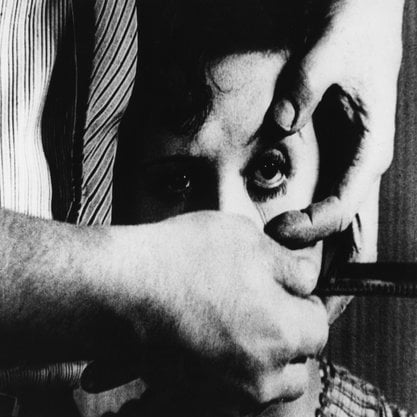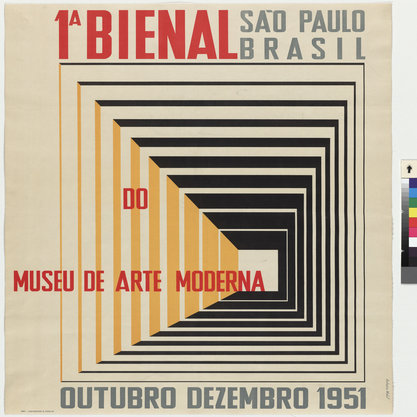Article
Ivens, Joris (1898–1989) By Leskosky, Richard J.
Article
Joris Ivens (Georg Henri Anton Ivens), nicknamed “The Flying Dutchman” for his globe-trotting career, was a Dutch documentary maker. His political commitment and deft use of montage helped to shape documentary practice as he recorded and championed generally leftist political causes on every continent but Antarctica. Ivens was born in Nijmegen, Holland, to a prosperous Catholic family who ran a photographic supplies business. While studying to take charge of the family business, Ivens became both politically active and fascinated with film culture. In 1927 he helped to found the Amsterdam Filmliga [Film League], which brought him into contact with avant-garde films of the day and with visiting filmmakers, including Sergei Eisenstein and Vsevolod Pudovkin. A Filmliga visit to Berlin experimental abstract animator Walter Ruttmann (1887–1941) allowed Ivens to see Ruttmann’s new documentary feature, Berlin, die Sinfonie der Grosstadt [Berlin, Symphony of a Great City] (1927), one of the first films to attempt to portray a city solely through edited shots of urban life and physical details. The film’s influence on Ivens persisted throughout his career.




